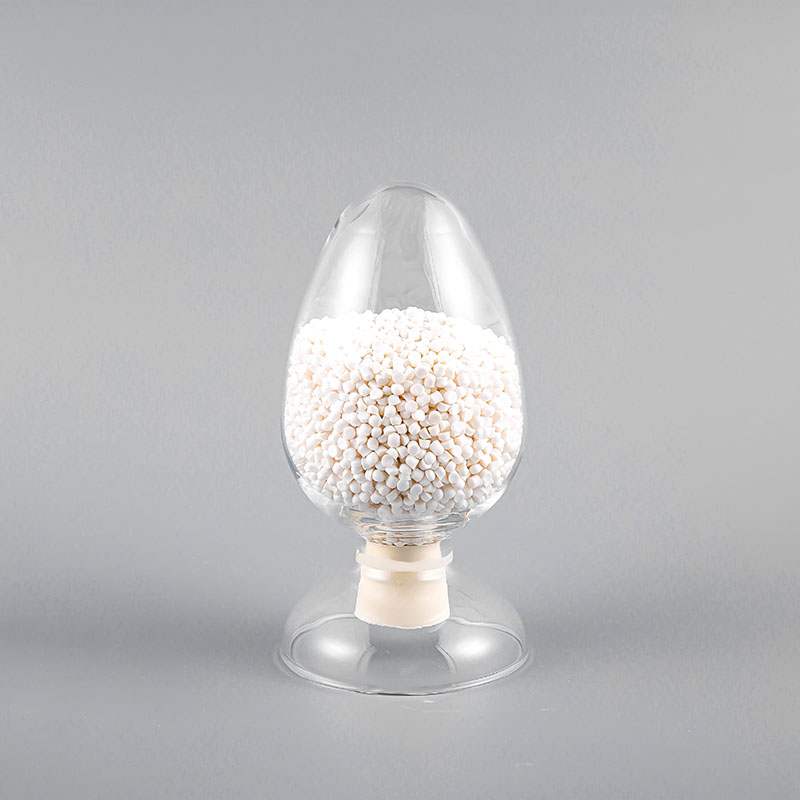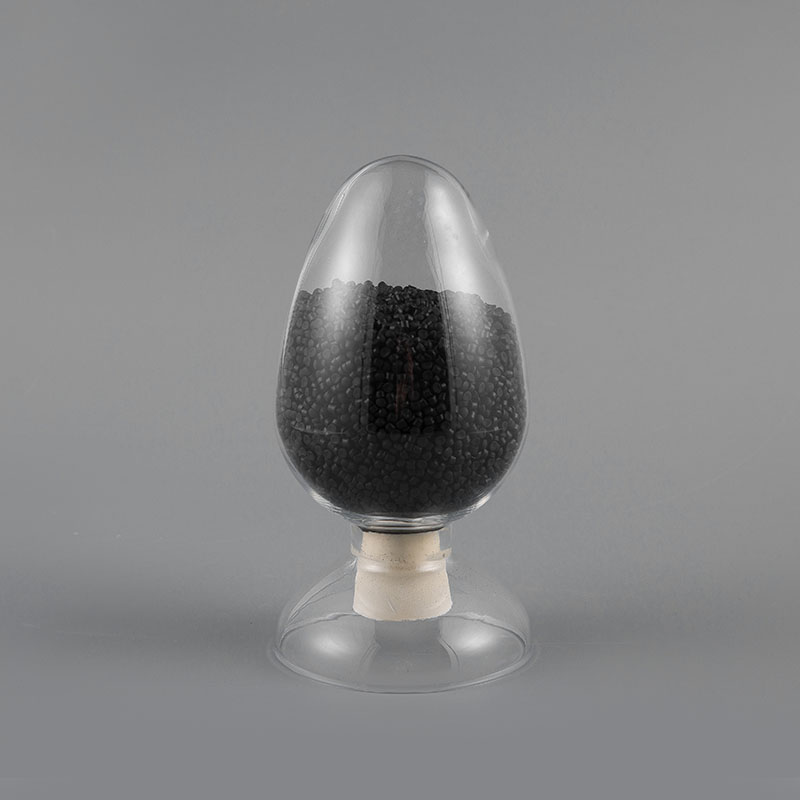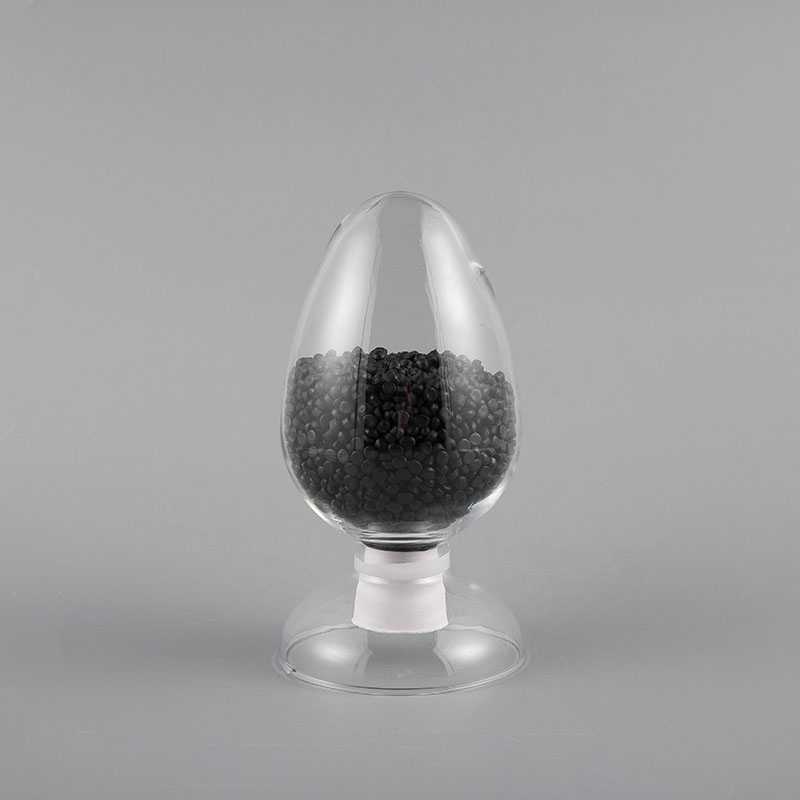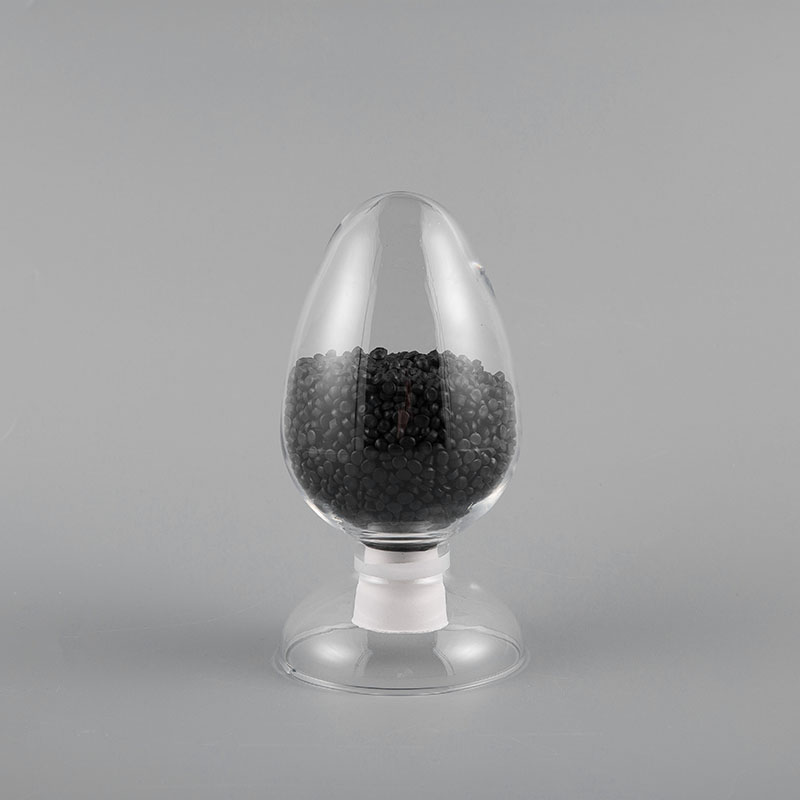PVC (Polyvinyl Chloride) power wire compounds are widely used in the electrical and cable industry due to their excellent insulation properties, durability, and cost-effectiveness. These compounds are specially formulated to meet stringent performance requirements for various applications, including automotive wiring, low-smoke environments, and flexible power cables.
1. PVC Power Wire Compound for Automotive Wiring
Why Automotive Wiring Demands High-Performance PVC Compounds
The automotive industry requires wiring materials that can withstand extreme temperatures, mechanical stress, and chemical exposure. PVC power wire compounds used in automotive applications are designed with enhanced thermal stability, flame retardancy, and flexibility to ensure long-term reliability.
Key Properties for Automotive Applications:
Heat Resistance: Withstands high engine temperatures (up to 105°C or higher for specialized grades).
Oil and Chemical Resistance: Protects wires from fuel, lubricants, and other automotive fluids.
Flame Retardancy: Meets automotive safety standards to prevent fire hazards.
Flexibility: Ensures easy routing and installation in tight spaces.
With the rise of electric vehicles (EVs), the demand for high-performance PVC wire compounds is increasing, as they play a crucial role in battery cables, charging systems, and internal wiring harnesses.
2. Low Smoke PVC Power Wire Compound
Enhancing Safety in Public and Industrial Spaces
In environments where fire safety is critical—such as subways, airports, and high-rise buildings—low smoke PVC power wire compounds are essential. These materials are engineered to minimize smoke emission and toxic gas release in case of fire, improving evacuation time and reducing health hazards.
Advantages of Low Smoke PVC Compounds:
Reduced Smoke Emission: Complies with IEC, UL, and other international safety standards.
Halogen-Free Options: Some formulations use non-halogenated flame retardants for even safer performance.
High Flame Retardancy: Self-extinguishing properties prevent fire spread.
As building safety regulations become stricter, the demand for low-smoke PVC compounds continues to grow, particularly in public infrastructure and data centers.
3. Flexible PVC Compound for Power Cables
Ensuring Durability and Ease of Installation
Flexible PVC power wire compounds are widely used in industrial and residential power cables due to their excellent bendability and mechanical strength. These compounds are ideal for applications where cables need to withstand frequent movement or tight bending radii.
Key Benefits of Flexible PVC Compounds:
Superior Flexibility: Maintains performance even in dynamic applications like robotics and machinery.
Abrasion Resistance: Protects wires from damage during installation and use.
Weather Resistance: Suitable for outdoor and underground cabling.
With the expansion of renewable energy projects (such as solar and wind farms), flexible PVC compounds are increasingly used in power transmission cables that require long-term durability under harsh environmental conditions.


 English
English 中文简体
中文简体 русский
русский







